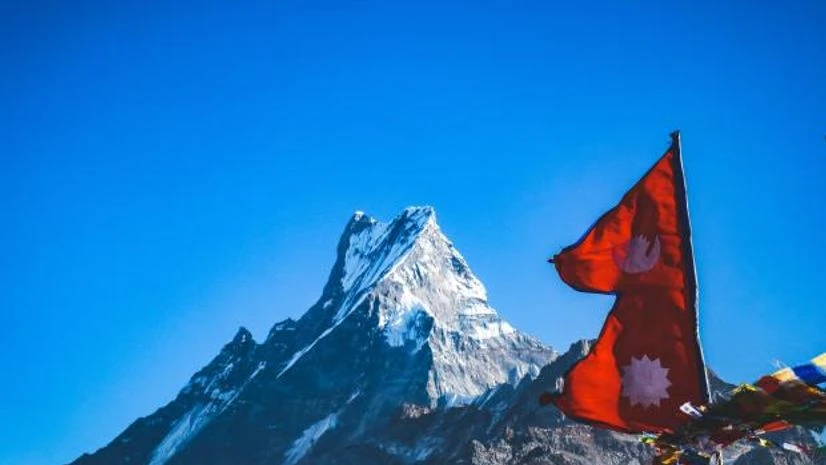The recently concluded election in Nepal has witnessed two new parties - Janamat Party and Nagarik Unmukti Party - entering into Parliament from the Terai or Madhes region, ending the monopoly of the two traditional parties in the southern plains bordering India.
In fact, the combined strength of both the traditional forces of Terai - Janata Samajwadi Party (JSP) led by Upendra Mahato and Lokatantrik Samajwadi Party (LSP) led by Mahantha Thakur - has been reduced by 50 per cent in the just concluded polls.
Five years ago, the two Terai-based parties had a combined strength of 33 in the House of Representatives. However, their combined strength has been reduced to just 16 seats, with the emergence of two new political parties in the region.
In the recent election, JSP has bagged seven seats under direct voting and it will get five more seats under proportionate voting. Similarly, LSP has won just 4 seats but it would not get any seat under proportionate voting as the party failed to get national recognition.
Political analyst Rajesh Ahiraj, who closely monitors Madhesi politics, said that corruption, communalism and provocative politics are the main factors that made these traditional Madhesi parties weaker and tarnished their image in the Terai region.
Also Read
"These parties had raised slogans in favour of the rights and representation of the Madhesi people but could not stand with the cause for a longer period. Their politics have become power centred and they were toeing with the bigger parties like Nepali Congress and CPN-UML for power sharing purpose putting aside their principle and slogans, he said.
C K Raut, who was leading an extremist group in Terai region in the past, had recently joined mainstream politics and contested election for the first time.
The Janamat Party led by the Cambridge University engineer and scientist was banned for some time for raising secessionist slogans.
Raut defeated JSP president and former deputy prime minister Upendra Yadav with a huge margin from Saptari-2 constituency.
"Now we will play a key role in the Parliament, Raut, the only lawmaker of his party, said in an interview to the government-run Gorkhapatra daily.
Raut had made education, health and employment the main agenda of his party during the election campaign. "We have raised issues like corruption, good governance and farmers' welfare, he said.
Nagarik Unmukti Party based in Tharu dominated south-west Nepal, which joined mainstream politics recently, was established by Resham Chaudhary who is serving jail term for the past eight years as he was accused in the Tikapur incident in which some policemen were killed during the Tharu community's movement.
Chaudhary is the founder and patron of the party. His wife Ranju Shrestha and two other candidates from the party have won HoR election under direct voting.
"Although we have got recognition from the people, we are yet to get justice from the government, said Chaudhary in a recent interview.
"We are in a position of wait and see how these two emerging parties, which have entered into Parliamentary politics, will make moves in future for the cause of Madhesi people," Ahiraj said.
(Only the headline and picture of this report may have been reworked by the Business Standard staff; the rest of the content is auto-generated from a syndicated feed.)

)
